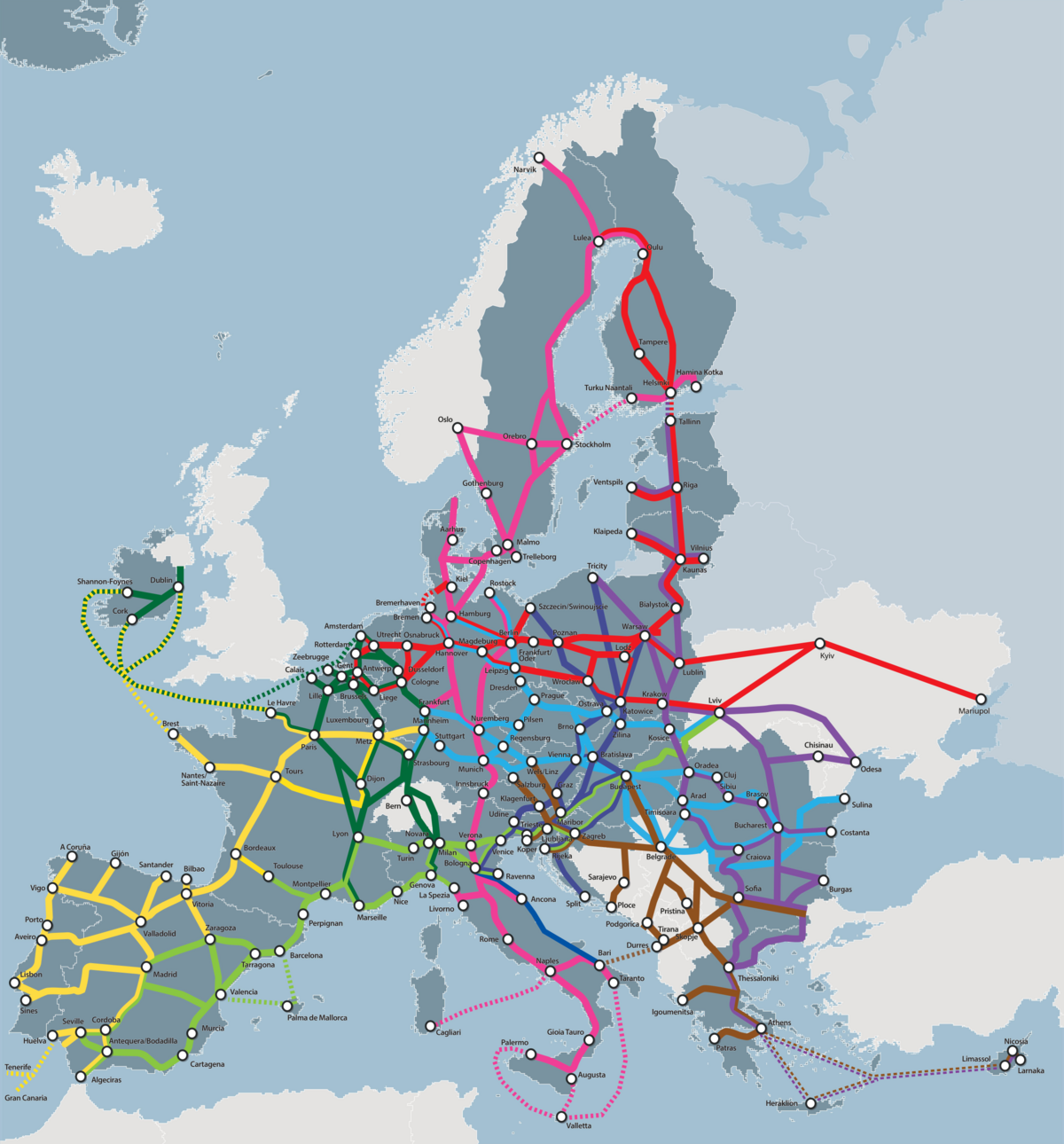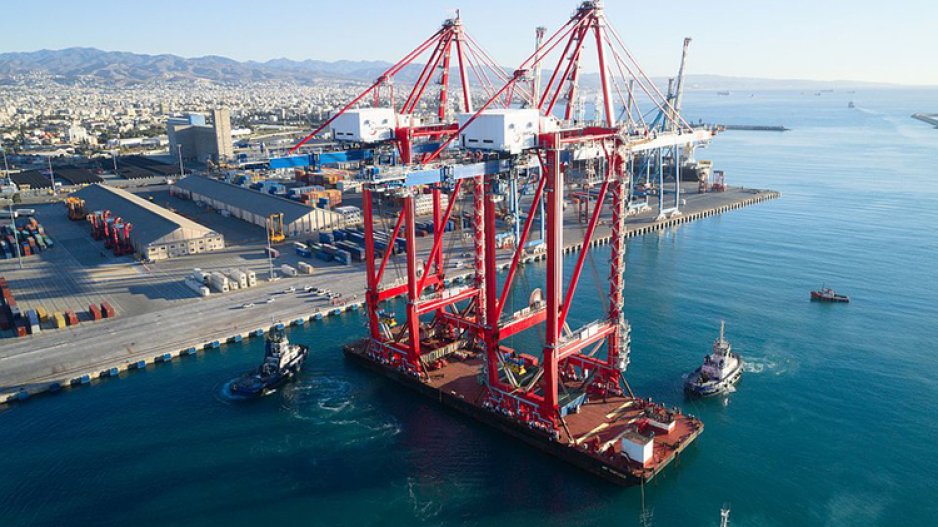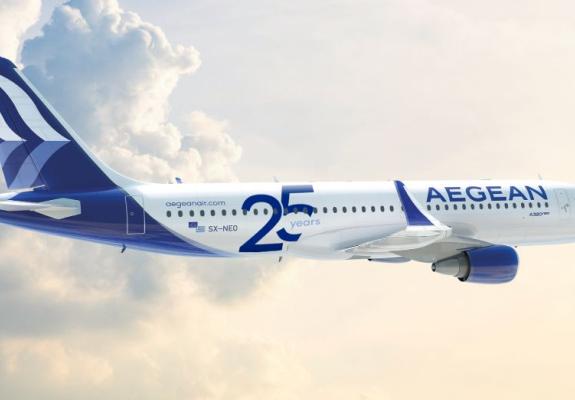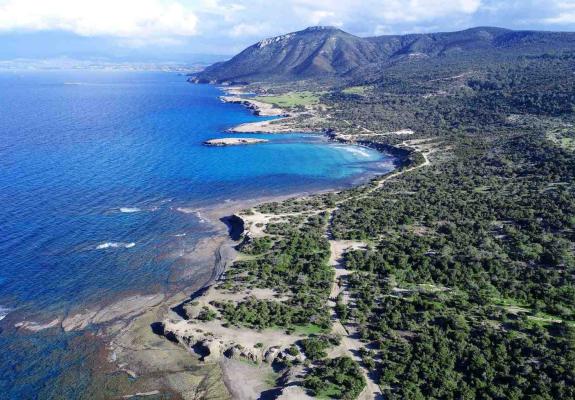EU Funds €11.7 Million for Cyprus Transportation Projects
Investment in Limassol Port Sustainability and Nicosia Peripheral Highway
Cyprus will receive €1.2 million for the development and energy sustainability of Limassol Port and €10.5 million for the construction of the Nicosia Peripheral Highway, as part of 134 transportation projects funded by the European Commission under the Connecting Europe Facility, totaling €7 billion.
Across Europe, 80% of the €7 billion is allocated to railway projects, with 83% of the funding supporting the EU's climate goals by modernizing railways, inland waterways, and maritime routes along the Trans-European Transport Network. The revised regulation for network development takes effect on Thursday, July 18.
Following the approval of the 134 projects by member states, the Commission will officially issue the funding decision. The results are provisional and will be finalized once the Commission issues the corresponding allocation decision.
The first approved project in Cyprus involves conducting studies for the installation of an onshore power supply for Limassol Port, with proposed funding of €1,169,813 to be received by the Cyprus Ports Authority. This project aims to enhance the port's sustainability by providing more electric power to ships, thereby reducing air pollution.
The second project concerns the construction of phase C1 of the Nicosia Peripheral Highway, with proposed funding of €10,463,609 to be received by the Ministry of Transport. The project aims to improve road safety in a crucial section of the Trans-European Network.

Across Europe, funding targets major projects to improve cross-border railway connections along the core TEN-T network in the Baltic states (Rail Baltica), between France and Italy (Lyon-Turin), and between Denmark and Germany (Fehmarnbelt Tunnel).
Additionally, funds will be directed to 20 maritime ports, including those in Ireland, Spain, Finland, the Netherlands, Germany, Malta, Lithuania, Croatia, Greece, and Poland, apart from Cyprus. The support covers infrastructure upgrades, some of which will enable the provision of onshore power to ships or the transmission of renewable energy. Funded projects also include enhancements to inland waterway infrastructures, affecting river ports.
Regarding road transport, initiatives include developing cooperative intelligent transport systems (ITS) and creating new, secure parking areas for private and professional drivers. Funds will also support air traffic management projects under the Single European Sky policy.
Finally, various projects will increase capacity along the EU-Ukraine solidarity lanes, established to facilitate imports and exports following Russia's invasion of Ukraine.
The 134 projects were selected from a total of 408 applications submitted under the call for proposals, which closed on January 18, 2024. EU funding will be provided as grants, co-financing the total project costs.






